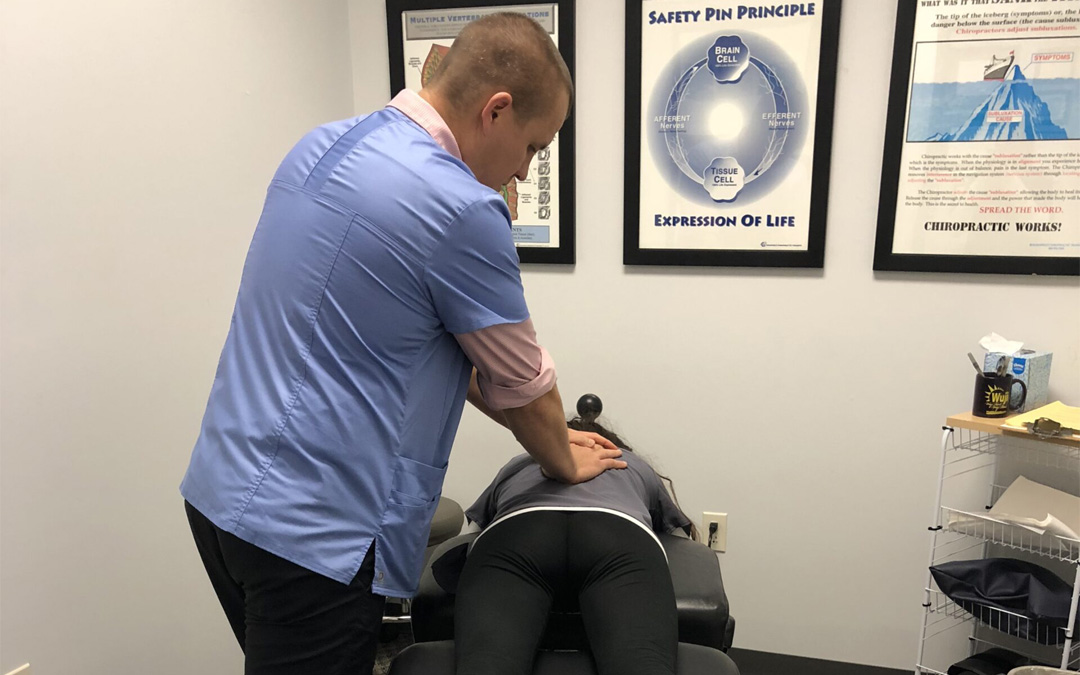#94 Can I Exercise While Under NUCCA Care?
#94 CAN I EXERCISE WHILE UNDER NUCCA CARE?

Exercise is an important part of many patients’ daily routine. It can help regulate proper blood sugar levels and metabolic activity. It can improve emotional health by means of endorphin release. It can maintain healthy joints by lubricating joint spaces and strengthening musculature around the joint. Exercise in general is a healthy activity. So, why do we recommend avoiding exercise for the first month of NUCCA care? To understand the answer, we must first understand how the body heals.
Healing is a fascinating science. In the body, healing can be thought of as a return to stable equilibrium. Trauma, such as an injury or a fall, pushes the body away from equilibrium. In order to survive the trauma, the body creates tension and postural distortion to compensate for the malfunctioning traumatized tissue. The body will continue to survive but it will reach a suboptimal equilibrium point. Clinically, we would say the body is compensating due to the trauma. It is a state where you are still alive but definitely not 100 percent.
In order to heal completely back to your original equilibrium point, your body must be cleared of compensatory patterns. In a very real sense, your body requires a neuromuscular reset. Only when your body is cleared of these compensatory tension patterns can it symmetrically heal the muscle, joint and nerve tissue.
Each tissue group in your body has a different healing capacity dependent upon genetic expression and natural blood supply. Clinically, we have found that on the average, damaged muscle takes 3 to 4 months while joint and nerve tissue can take up to a year or more to stabilize.
Fatigue occurs in muscle tissue when the cells have been overexerted beyond capacity. In other words, your muscles have a finite amount of energy available to contract. Once they spend that energy, the muscle can no longer contract. Larger muscle groups are then recruited to temporarily stabilize the joint. This can cause a guarding reflex or a spasm. Clinically, we have seen patients collapse back into their old tension pattern from before they were treated with NUCCA due to fatigue.
During the first month of care, we recommend suspending exercise because of the increased risk of muscle fatigue. Although cleared of compensatory tension, the tissues in your body have not healed to a stable point. Exercise shunts the energy used for healing to create muscle contraction and can delay healing or possibly regress your body back to tension patterns present before care. Suspending exercise until your body has stabilized during NUCCA care will give you the greatest returns during care.

